Thousands of children around the world lose their lives due to lack of access to quality cancer care and resources for early detection. Currently, the survival rate for childhood cancer in the Ghana is 2 out of 10 children. The childhood cancer survival rate in the United States is 8 out of 10 children.
The Wish4Life Foundation is dedicated to addressing this problem by ensuring that the highest quality of equipment to detect cancer is available in areas around the world with the most need. Together with the people of Ghana, we are building a state-of-the-art Children’s Cancer Center especially for and accessible to children throughout the continent of Africa in Asikam, Ghana.
During this season of giving, the Wish4Life Foundation is raising funds to support the development of a high caliber radiology suite to aid in early detection. Research has shown the importance of the availability of comprehensive radiologic resources in saving lives. Approximately 2.46 million deaths due to cancer are averted worldwide when the equipment for diagnosis is available.
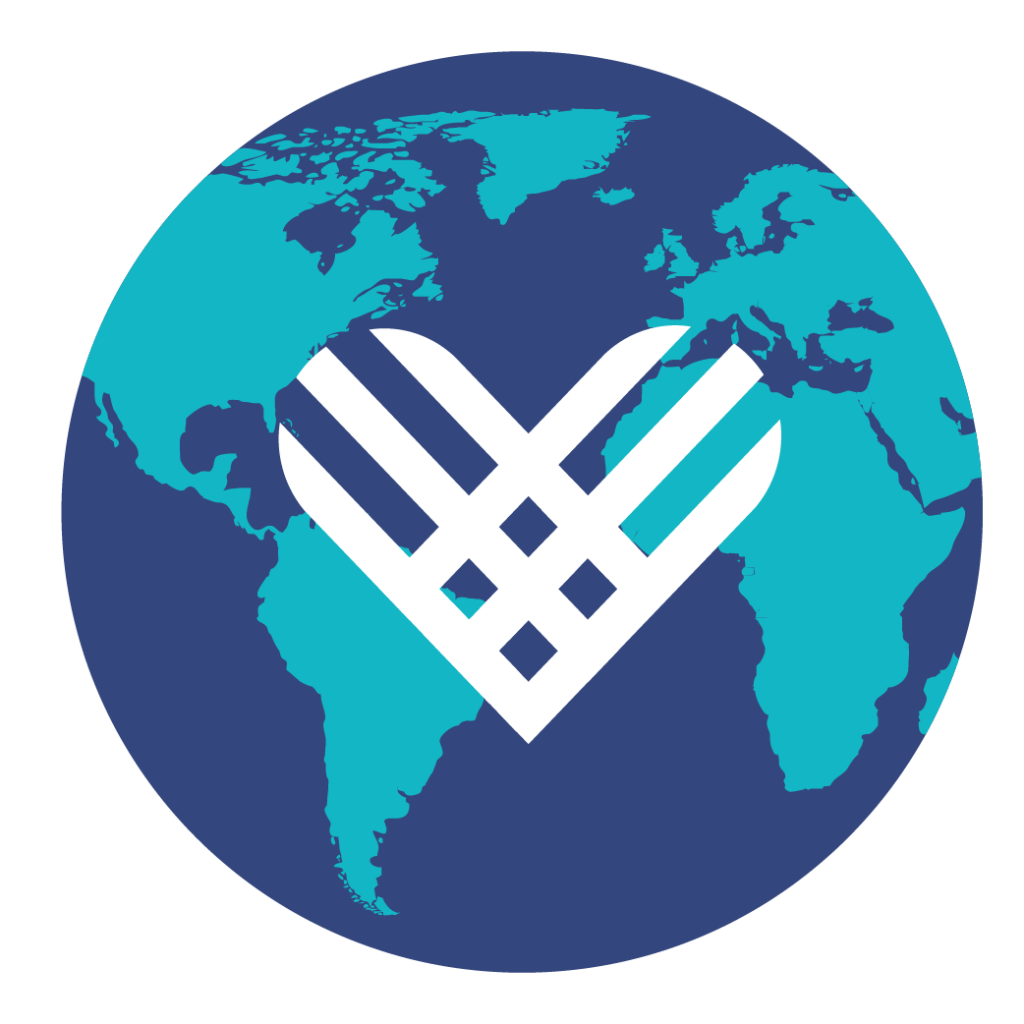
Our goal to start the initial phase of building this crucial suite is $150,000.
Please join us as we seek to raise awareness of the needs of children with cancer worldwide and work to provide a life-giving solution for our most vulnerable citizens. Won’t you join us and donate the gift of life to save the future leaders of tomorrow – our children.
Thank you for your gift this Giving Season!
Wish4Life Foundation
Every September, childhood cancer organizations around the world come together in recognition of Childhood Cancer Awareness Month, with a goal to increase awareness and raise funds for those affected by childhood cancer.
The Wish4Life Foundation is a non-profit organization dedicated to providing the world’s best care to children with cancer in developing nations. This complex, multi-faceted effort is focused first on the launch of a $250 million pediatric cancer hospital in Ghana. Groundbreaking is slated for this Fall.
Dr. Tanya Trippett, Pediatric Hematologic Oncologist at Memorial Sloane Kettering, is the Founder and President of the Wish4Life Foundation. The following is the first of three interviews.
If you had the full attention of those who could help you realize the goals of the Wish4Life Foundation, what would you say?
The world community learned a great deal from the challenges of a global pandemic, but perhaps the most important is a reminder of the power of unity and compassion when overcoming trying situations. The same is true for childhood cancer and especially for children in countries where they don’t have the resources to provide the best chance of survival.
We know that each year 160,000 children are diagnosed with cancer. These children are daughters, sons, future doctors, nurses, lawyers, farmers, architects, global citizens. And each year 90,000 are succumbing to cancer, especially children in limited resource nations.
The disparity in the quality of cancer care for children from developing countries to those from the U.S. is alarming.
This imbalance is what drives us at Wish4Life. According to the WHO, only 5-10% of children in limited resource nations are cured from their cancer, compared to 80-85% in children from western nations. The WHO projects that by 2030, developing countries will account for nearly 80% of the global cancer burden, yet only 5% of global spending is directed to these nations.
How did Wish4Life start?
From the beginning, it was a child’s observation that inspired the vision. A 13-year-old boy fighting cancer had the vision to see forward to where Wish4Life is today. He was my patient, and he realized that where you are and where you are being treated really determines your outcome. Today, that simple idea has blossomed one with worldwide reach. We have embarked upon a long-term strategy to create five pediatric cancer research and treatment centers on five continents.
How are you progressing against that vision?
The first of these centers will be built in Kyebi, Ghana. This flagship operation, located on 50 acres donated by tribal leaders, will serve as a regional referral center of excellence for the treatment of children with cancer in Africa. It will be founded as a teaching facility for training and knowledge transfer for medical and allied professionals, and as a technology hub for Ghana and the countries of West Africa, one of the fastest growing regions in the world.
Do you have a message to contribute to the global conversation during Childhood Cancer Awareness Month?
Yes! Our message to the world is that every child should have access to the best treatment science can offer; that no child should be denied the cure of their cancer. That should not be a foreign concept even in a limited resource nation. If we undershoot or under develop the resources, then we don’t have the full armamentarium to fight cancer. It’s therefore critically important that the type of resources in developing countries are on par with the rest of the world. If we use outdated methods, a lower rate of cure would be established, potentially limiting the ability to be sustainable over time. We’ll always be behind the rest of the world, we’ll never catch up.
Wish4Life has already secured partnerships with some of the world’s leading health care, diagnostic, technology, insurance, finance and transportation companies. We are uniting to make a difference in the lives of children suffering from cancer in developing nations. https://wish4life.org
We invite you to join our team, and here’s how: https://www.thevoicesforlife.com/press-release/
On behalf of children everywhere, Thank you!

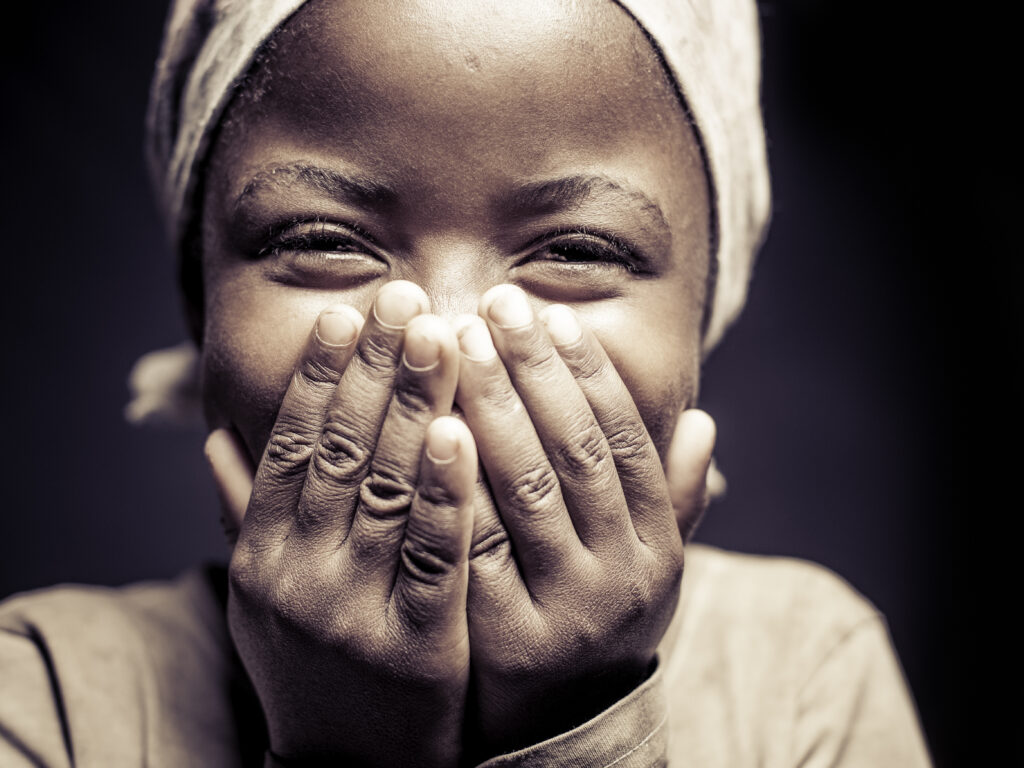
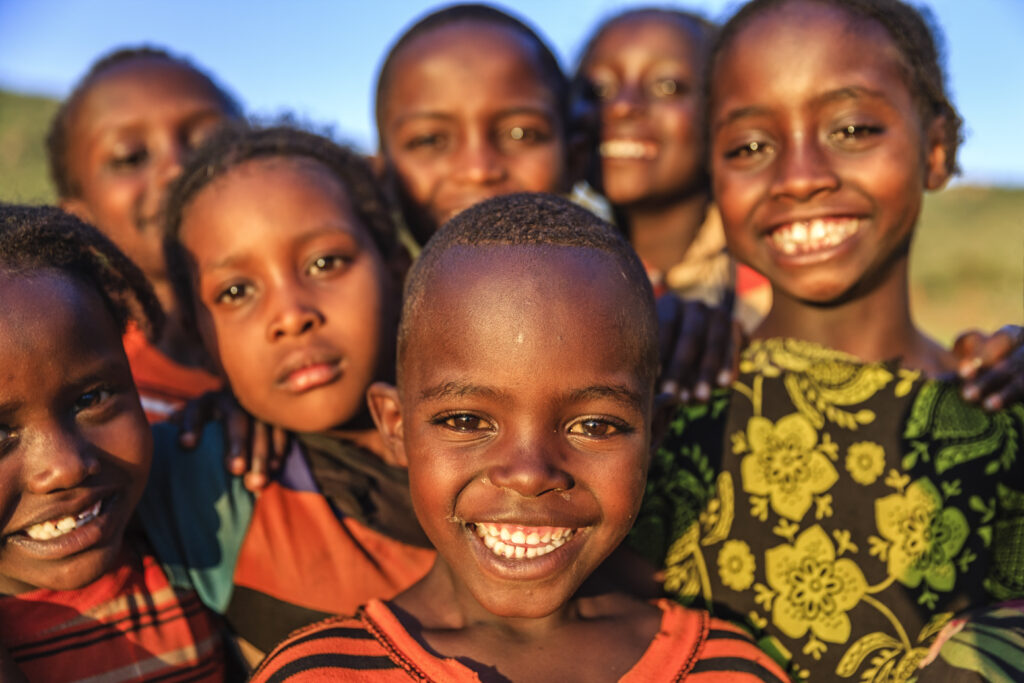
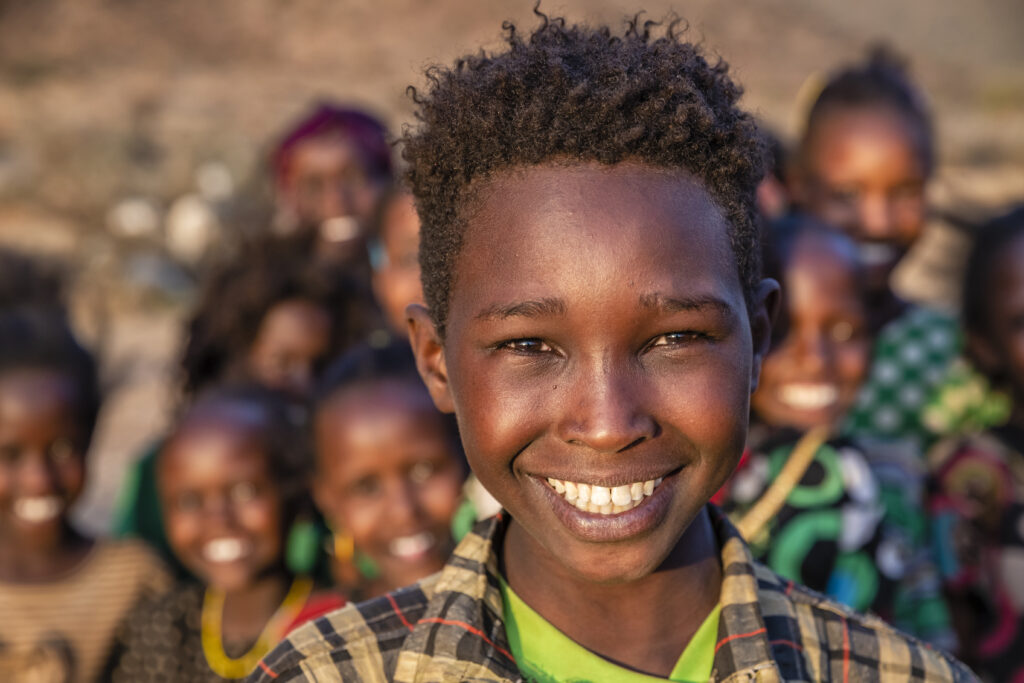
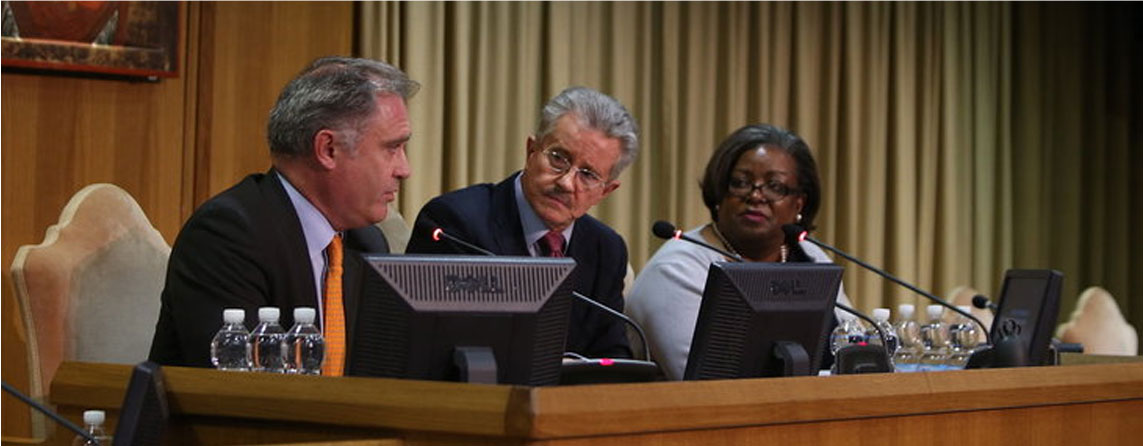
http://celltherapyconference2016.com/2015/09/11/dr-trippett/
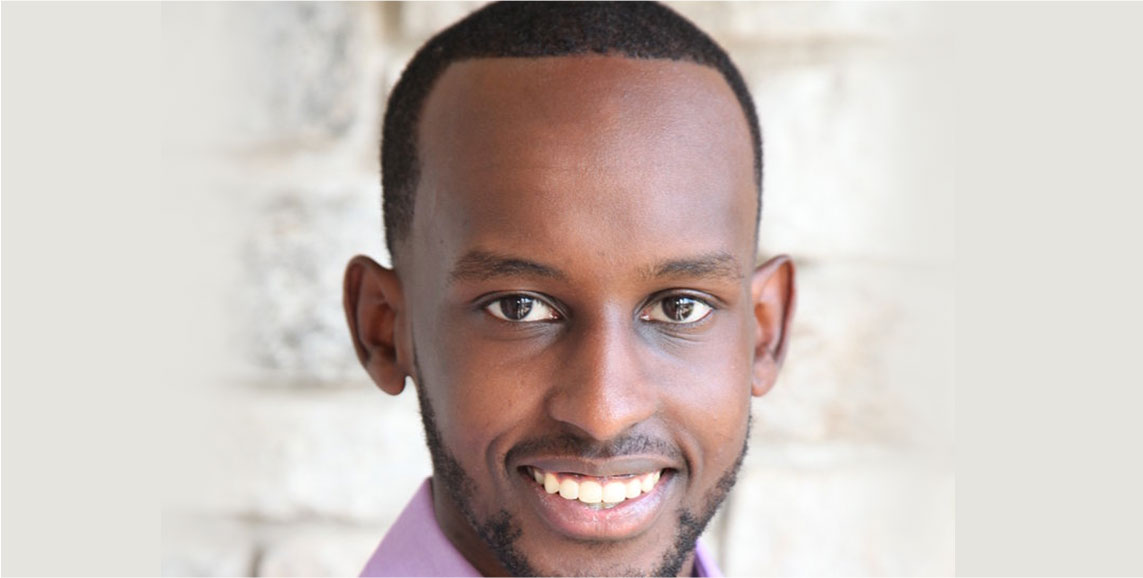
Treatment for cancer can potentially result in life threatening circumstances; thus, it is essential that all healthcare workers receive education about lifesaving techniques. The Foundation conducted a training course at University Teaching Hospital of Kigali (CHUK) regarding basic and advanced cardiac life support for healthcare workers. The course was conducted by Dr. Tanya Trippett and Paulette Kelly, PNP (Certified Instructor) from Memorial Sloan Kettering Cancer Center. The Eugène Gasana Jr. Foundation, in collaboration with the Sean Hanna Foundation, donated 4 infant and 4 child resuscitation mannequins, 16 provider manuals, educational CDs on pediatric resuscitation, resuscitation bags, knitted caps, and other medical supplies to the Pediatric Department at the University Teaching Hospital of Kigali (CHUK) for these efforts. The mannequins were donated in order to allow ongoing training in both basic and advanced cardiac life support.
Educational training sessions were conducted with health providers including doctors, nurses, and pharmacists regarding preparation, handling, administration, and destruction of chemotherapeutic agents. Guidance was given regarding procedures to optimize the healthcare practices of the medical staff in regional hospitals. Tools were provided to participants in the group that can be provided to new workers, leading to safe practices for years to come. The training sessions were conducted by Dr. Tanya Trippett, Maureen Higgins, RN, and Michael Kellick, PharmD from Memorial Sloan-Kettering Cancer Center.
Members of the Foundation have also laid the groundwork for an initiative promoting the use of alcohol-based hand sanitizers to prevent the spread of germs by healthcare workers who have direct contact with patients. To promote infection control, Eeducational sessions were conducted demonstrating the hygienic use of alcohol-based hand rubs using standard guidelines formulated by the World Health Organization. The Foundation also donated a supply of hand cleansers and bandages.Our goal is to partner with hospitals to develop and enhance the implementation of safe medical practices to minimize the transmission of infection by healthcare providers. Infection acquired in the hospital is a leading cause of death in patients treated there. In developing countries, the risk of infection acquired in the hospital is 2-20 times higher than in developed countries. Children undergoing treatment for cancer are especially vulnerable to the spread of infection because of weakened immune systems caused either by cancer or the medications used to treat it.